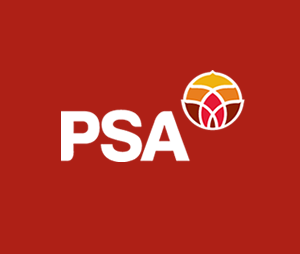Source: Public Service Association (PSA)
Sweeping reforms announced today can deliver New Zealand a joined up, effective and equitable health system, but for them to succeed it is crucial that workers are guaranteed involvement in designing and implementing the new set up.
Over 30,000 health workers are members of the Public Service Association. The union represents a uniquely diverse array of sector professions, from mental health nurses to physiotherapists and admin staff.
Thousands of PSA members will soon shift from employment at DHBs and instead work for Health New Zealand, the Māori Health Authority and other newly created agencies.
The PSA welcomes the government’s announcement and supports its vision for the sector.
“This may well be the biggest shakeup in New Zealand’s public sector since the 1980s. We all know the current fragmented system doesn’t work as it should,” says PSA National Secretary Kerry Davies.
“Our country deserves a national public health system that consistently provides equal access to the best quality care, no matter who you are or where you live. Health workers need safe working conditions, secure employment and the resources required to do their job properly.”
The PSA supports the creation of a new Māori Health Authority, noting that Treaty partnership and community empowerment are the bedrock on which a decent society rests.
As more details emerge, the PSA expects to see an increased focus on how contracted out parts of the health system can be joined up and integrated into the national framework.
Reforms to the provision of community support must be a priority. The current chaotic and crisis-ridden system of competing private companies cannot continue.
With unfilled vacancies and understaffed teams throughout New Zealand, there should be no need for reductions in staff.
The PSA will ensure members’ jobs and conditions are protected during the transition.
“New Zealand’s new health and disability framework must be built in a way that genuinely listens to, involves and respects the workers who make it all possible,” Ms Davies says.
“They are essential workers. Their experience and expertise is now essential to ensure these reforms succeed.”
Background
The PSA is the principal union for the following occupational groups in the health sector:
– Mental health and public health nursing and support
– Allied health professions – for example, dietitians, physiotherapists, health protection officers
– Technical professions – for example, anaesthetic technicians, sterile supply technicians
– Administrative and clerical – for example, medical secretaries, clinical coders.
– Care and support workers in home support and disability support services
– Workers in mental health and addiction services
– Registered professionals, including social workers and health professionals such as occupational therapists
The PSA is an affiliated union to the Council of Trade Unions (CTU) Te Kauae Kaimahi. Through the CTU, we work closely with other unions who represent health sector workers. We participate in tripartite (government/employer/union) Health Sector Relationship Agreement (HSRA) meetings and are a member of the HSRA Oversight Group.



